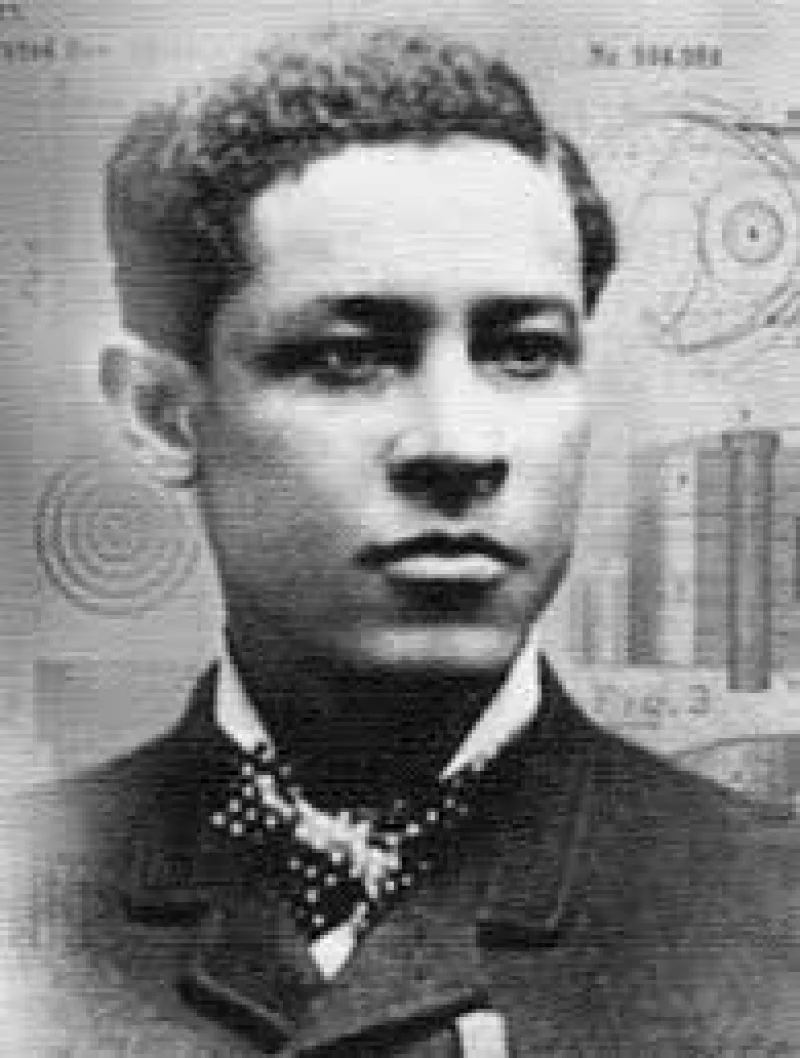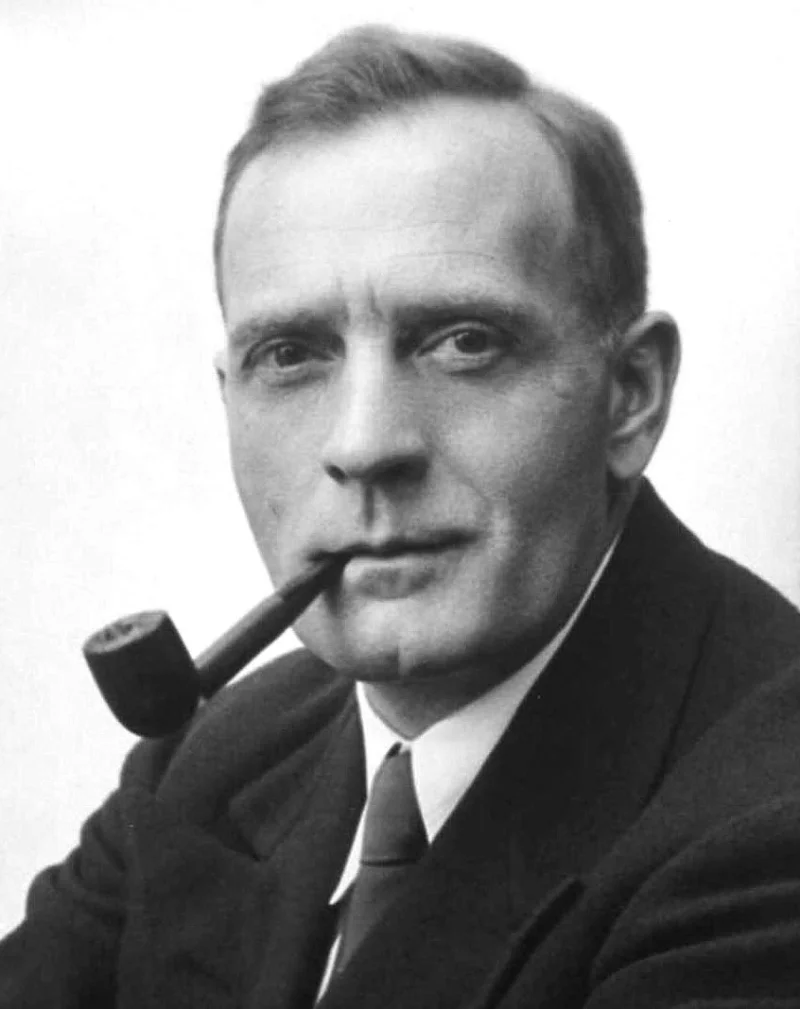Short Summary
Stephen Hawking was a renowned theoretical physicist known for his groundbreaking work in black hole physics and cosmology. Despite being diagnosed with a rare form of motor neurone disease, he made significant contributions to our understanding of the universe. His bestselling book, "A Brief History of Time," brought complex scientific concepts to the general public. Hawking's life and work continue to inspire scientists and non-scientists alike.
Early Life & Education
Stephen Hawking was born on January 8, 1942, in Oxford, England. He grew up in a family that valued education; his father was a research biologist. Showing an early aptitude for science and mathematics, he attended St. Albans School before enrolling at University College, Oxford, at the age of 17. Initially studying physics, he later pursued a Ph.D. in cosmology at Trinity Hall, Cambridge. During his time at Cambridge, he was diagnosed with amyotrophic lateral sclerosis (ALS), which gradually limited his physical abilities but not his intellectual prowess.
Career Highlights
Hawking's career was marked by several groundbreaking achievements. He formulated theoretical models of black holes, leading to his discovery of Hawking radiation, which demonstrated that black holes could emit particles and eventually evaporate. He held the position of Lucasian Professor of Mathematics at Cambridge, a role once held by Isaac Newton. His ability to communicate complex scientific ideas to the public was showcased in his bestselling book "A Brief History of Time," which remains a seminal work for understanding cosmology.
Major Achievements
- Developed the theory of Hawking radiation, showing that black holes can emit radiation and lose mass.
- Published "A Brief History of Time," which sold millions of copies and popularized scientific concepts.
- Held the Lucasian Professorship of Mathematics at the University of Cambridge for 30 years.
- Contributed to the understanding of the nature of black holes and the Big Bang theory.
Famous Quotes
- "Intelligence is the ability to adapt to change."
- "Life would be tragic if it weren't funny."
- "We are just an advanced breed of monkeys on a minor planet of a very average star."
Interesting Facts
- He was born on the 300th anniversary of Galileo's death.
- Despite his disability, he traveled extensively and gave lectures worldwide.
- He made cameo appearances on popular TV shows like "The Simpsons" and "Star Trek."
- His voice synthesizer had an American accent, which became part of his iconic persona.
- He was a Fellow of the Royal Society and received numerous awards, including the Presidential Medal of Freedom.
Legacy / Influence
Stephen Hawking left an indelible mark on the field of theoretical physics and cosmology. His work on black holes and the nature of the universe continues to influence researchers. Beyond academia, his ability to engage the public with science has inspired countless individuals to pursue careers in science and technology. His life story of overcoming adversity serves as a powerful testament to human resilience and curiosity.
FAQ
Q: Why is Stephen Hawking famous?
A: He is famous for his contributions to theoretical physics, particularly his work on black holes and cosmology, as well as his bestselling book "A Brief History of Time."
Q: What disease did Stephen Hawking have?
A: He was diagnosed with amyotrophic lateral sclerosis (ALS), a rare form of motor neurone disease.
Q: Did Stephen Hawking win a Nobel Prize?
A: No, he did not receive a Nobel Prize, although his work was highly influential and recognized with other prestigious awards.
Q: What was Stephen Hawking's most famous book?
A: "A Brief History of Time" is his most famous book, which explains complex scientific ideas to a general audience.













